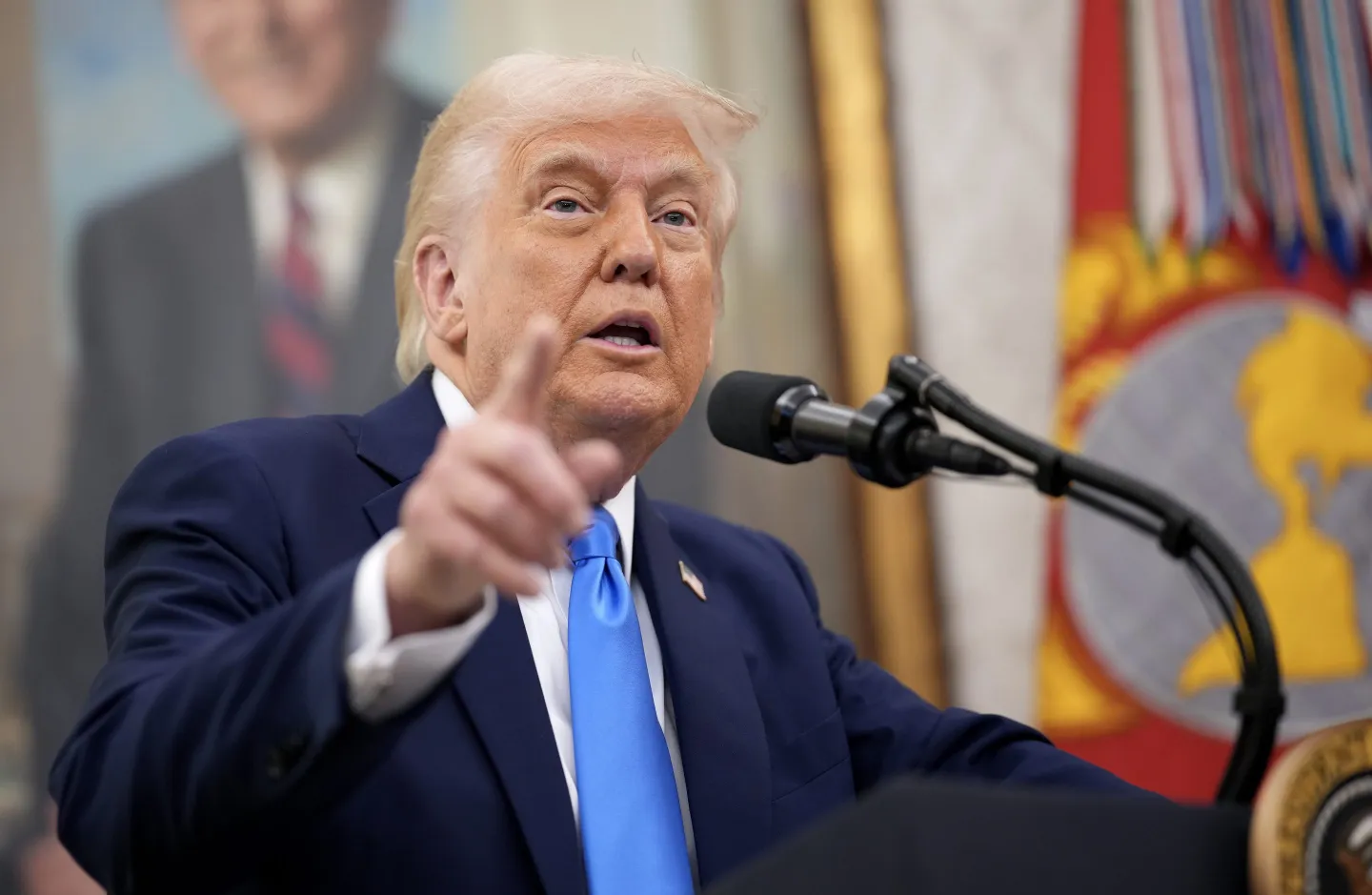GOP Insists No Crisis, Internal Feud Deepens, Carrier Near Venezuela
Over the weekend Republican leaders insisted economic anxiety is overstated while downplaying recent electoral setbacks, even as a feud between Donald Trump and Marjorie Taylor Greene deepened ahead of the 2026 midterm contests. At the same time a U S aircraft carrier arrived in the Caribbean in a major military buildup near Venezuela, a move with regional diplomatic and security implications that connects domestic politics to foreign policy choices.

Republican officials portrayed recent economic and electoral turbulence as manageable, rejecting narratives of an affordability crisis and suggesting losses are isolated rather than systemic. That posture is shaping party messaging as leaders prepare for the 2026 congressional fights, seeking to reassure donors and voters while framing Democratic gains as temporary. The insistence that there is no broad affordability emergency reflects a strategic choice to focus on optimism and cultural issues rather than concede ground on pocketbook concerns that many voters cite as decisive.
At the same time the party is confronting a growing rift within the MAGA faction, as tensions between Donald Trump and Representative Marjorie Taylor Greene intensified over the weekend. The dispute underscores a broader fault line about who will set the GOP agenda and how unapologetically insurgent an approach Republicans will take into the next midterms. Party cohesion matters for candidate recruitment and turnout in competitive districts, and public clashes between high profile figures threaten to complicate coordinated campaign strategies and fundraising drives.
The domestic political drama unfolded alongside a significant U S naval deployment to the Caribbean where an aircraft carrier arrived amid a major buildup near Venezuela. The movement of such a high profile asset carries both tactical and symbolic weight in a region that has been a focus of competing international interests. For neighbors in the hemisphere the deployment is likely to be read through multiple lenses, including deterrence, signal sending to Caracas, and reassurance to allies concerned about stability and migration flows.
The convergence of these stories highlights how domestic politics and foreign policy are increasingly entwined. Messaging from the Republican Party about domestic resilience may influence how leaders argue for defense spending and posture in the hemisphere. Conversely the naval presence near Venezuela may feed into domestic narratives about security, portraying a party stance that emphasizes strength and regional leadership at a time of internal debate over direction and tone.
Internationally the carrier buildup invites scrutiny over proportionality and the potential for diplomatic fallout. Nations across Latin America that prioritize non intervention and multilateral diplomacy may view heightened military activity with concern, while powers outside the region that maintain ties with Caracas are likely to interpret the deployment within broader great power dynamics. Questions of international law and freedom of navigation are background considerations even as governments weigh the political optics at home.
As the 2026 midterms approach the interplay between internal party conflict, economic messaging, and military posture in the Caribbean will be a test of Republican strategic coherence and of U S engagement in a region marked by complex histories and shifting alliances. How leaders reconcile domestic priorities with international responsibilities will shape both the next election cycle and the stability of relations in the Western Hemisphere.


